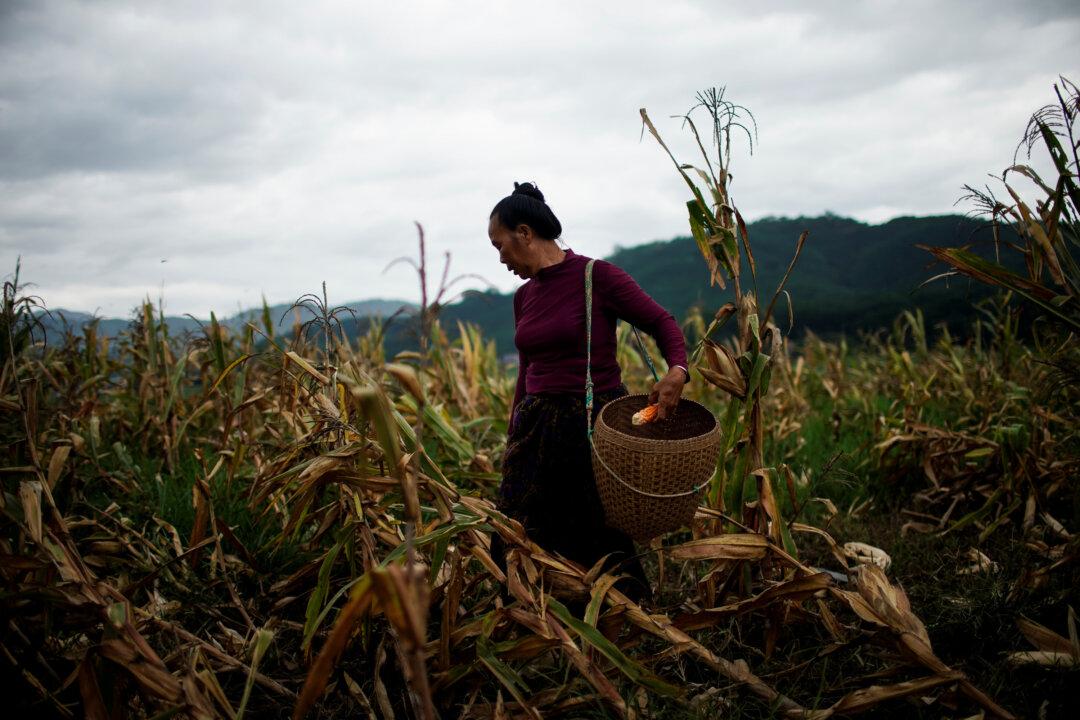Food shortages in China have scared the ruling communist regime, which announced on July 13 that two officials responsible for the nation’s food security are under investigation.
On July 9, leader Xi Jinping ordered the regime to make food supply concerns a national security issue while recent data has shown that China has been increasing grain imports which has pushed up global prices, impacting the food security of many poor regions.





